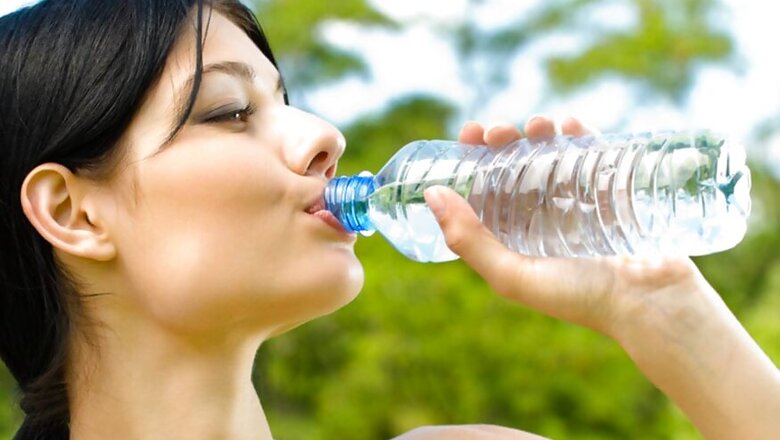
views
New US research has found that women may be able to reduce the number of recurring UTIs they experience by drinking an extra 1.5 liters of water each day. Carried out by researchers at UT Southwestern and appearing in JAMA Internal Medicine, the small-scale study followed 140 pre-menopausal women with a history of repeated acute uncomplicated cystitis, a type of urinary tract infection (UTI).
Symptoms for acute uncomplicated cystitis include painful or difficulty in urination, a feeling of a full bladder, an urgency or frequency of urination, tenderness in the lower abdominal area, and possibly blood in the urine.
It is thought that increasing hydration can prevent further episodes in women with recurrent cystitis, as fluids help to reduce the number of bacteria and limit the ability of bacteria to attach to the bladder, however research to support this theory has been lacking. For the new study the team followed the women considered to be low-volume fluid drinkers for a 12-month period, asking half of the women to drink their usual amount of water and the other half to drink an extra 1.5 litres per day.
The findings showed that after 12 months the women who drank an additional 1.5 liters of water daily experienced 48 percent fewer repeat bladder infections than those who drank their usual amount of water -- a reduction from around three infections per year to one. "That's a significant difference," said Dr. Yair Lotan, Chief of Urologic Oncology at UT Southwestern Medical Center and senior author. "These findings are important because more than half of all women report having bladder infections, which are one of the most common infections in women."
The women who drank more water also tended to have a longer interval between infections than the control group, and needed less antibiotic treatments. Because these infections are usually treated with antibiotics, increasing water intake could be a cheap and effective intervention to also help reduce use of antibiotics and prevent antibiotic resistance, the researchers said.




















Comments
0 comment